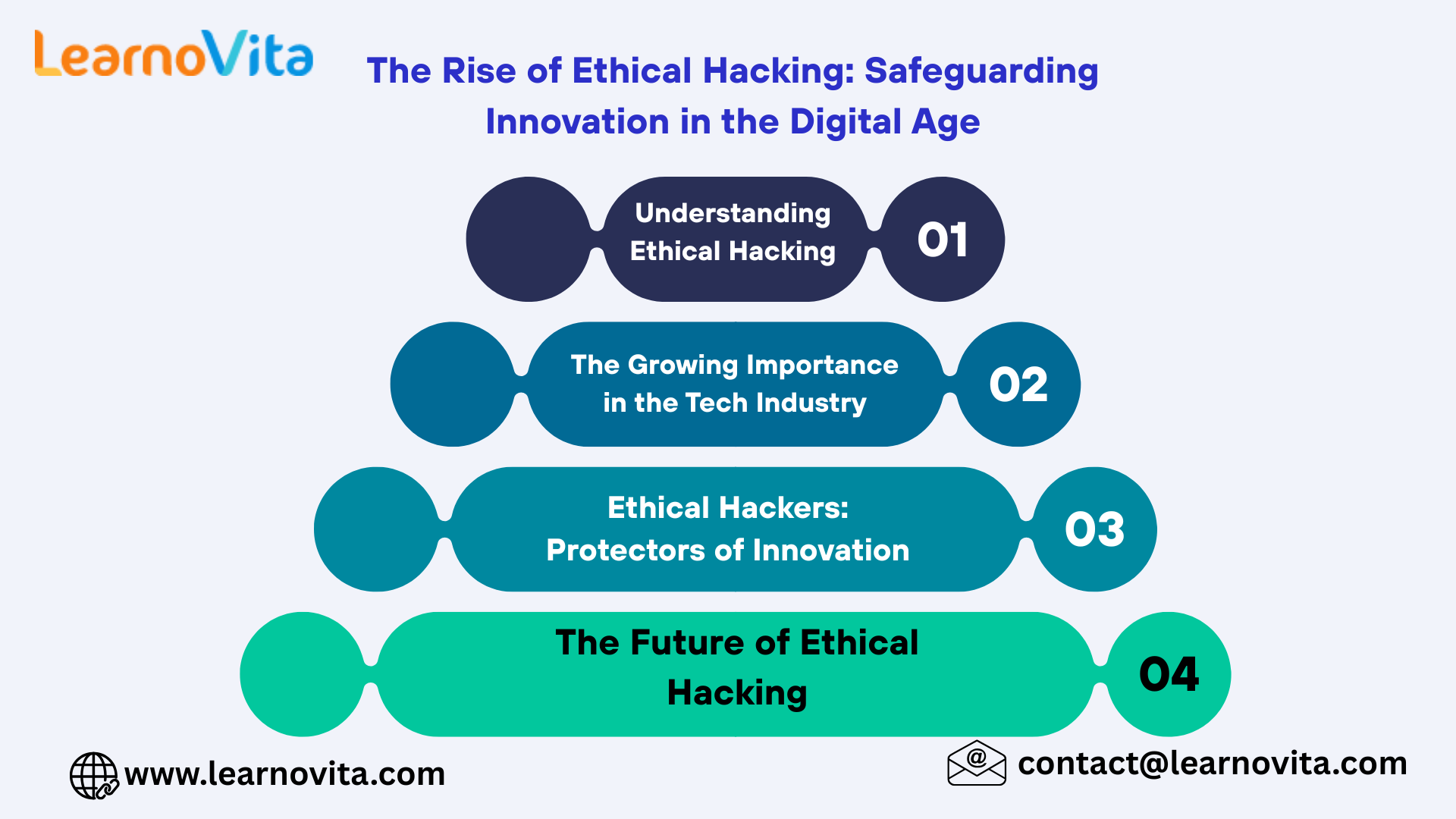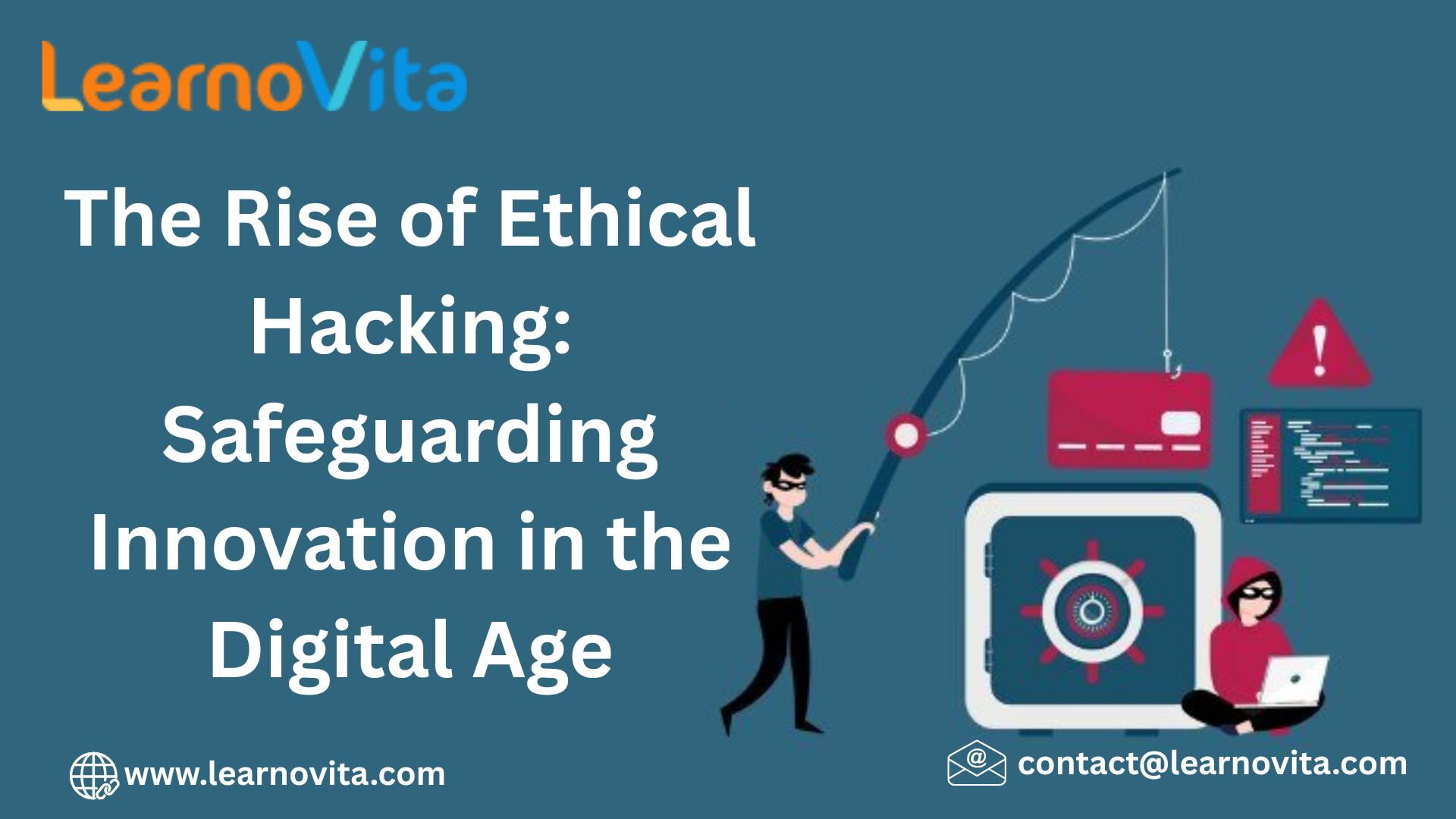In an increasingly digital world, technology has become the heartbeat of modern innovation. Businesses, governments, and individuals rely on digital systems to communicate, operate, and grow. Yet, as technology advances, cyber threats have grown just as quickly becoming more sophisticated and damaging. To combat these evolving risks, a new kind of cybersecurity professional has stepped forward: the ethical hacking online course. These experts are redefining how organizations protect their data, systems, and innovations in the digital age.
1. What Is Ethical Hacking?
Ethical hacking, often called “white-hat hacking,” is the authorized act of testing and analyzing computer systems, networks, and applications to identify vulnerabilities before malicious hackers can exploit them. Unlike cybercriminals, ethical hackers operate with permission and follow strict legal and ethical guidelines. Their goal is to strengthen security not compromise it. By simulating real cyberattacks, ethical hackers uncover hidden weaknesses and provide actionable solutions to fix them. This proactive approach allows organizations to build stronger defenses, reduce risk, and maintain trust in a world where security breaches can cost millions.
2. Why Ethical Hacking Matters Today
As digital transformation accelerates, the number of cyber threats continues to surge. With the growth of cloud services, IoT devices, and AI-driven systems, businesses face more complex security challenges than ever before. Traditional defenses like firewalls and antivirus software are no longer enough. Ethical hacking fills that gap by offering a hands-on, preventive strategy to stop attacks before they happen. Major technology companies such as Google, Microsoft, and Apple rely heavily on ethical hackers through “bug bounty” programs rewarding experts for finding and responsibly reporting vulnerabilities. Similarly, many governments have incorporated ethical hacking into their national cybersecurity initiatives, recognizing its critical role in protecting public infrastructure and data.

3. Safeguarding Innovation Through Security
Innovation cannot thrive without trust. Every digital product, from a mobile app to an AI-powered healthcare system, depends on user confidence in its safety. Ethical hackers play a vital role in ensuring that innovation remains secure by testing new technologies for weaknesses before they are released to the public. Beyond identifying flaws, ethical hackers help create a culture of cybersecurity awareness. They educate Software Training Institute teams on best practices, promote secure development processes, and encourage proactive defense strategies. This mindset allows organizations to innovate freely knowing their creations are protected from digital threats.
4. The Future of Ethical Hacking
As cyberattacks become more advanced, the role of ethical hackers will only grow in importance. Emerging technologies like artificial intelligence and machine learning are transforming how vulnerabilities are detected, making ethical hacking more efficient and intelligent. Meanwhile, professional certifications such as CEH (Certified Ethical Hacker) and OSCP (Offensive Security Certified Professional) are equipping a new generation of cybersecurity experts to meet global demand. In the future, ethical hacking won’t just be a defensive measure it will be a strategic necessity for every digitally driven organization.
Conclusion
The rise of ethical hacking marks a defining moment in the digital era. These professionals are more than just cybersecurity experts; they are the guardians of innovation, ensuring that technology evolves safely and responsibly. As the digital landscape continues to expand, ethical hackers will remain at the forefront of protecting progress. By embracing ethical hacking, organizations can build a stronger, more secure foundation for the innovations of tomorrow.


